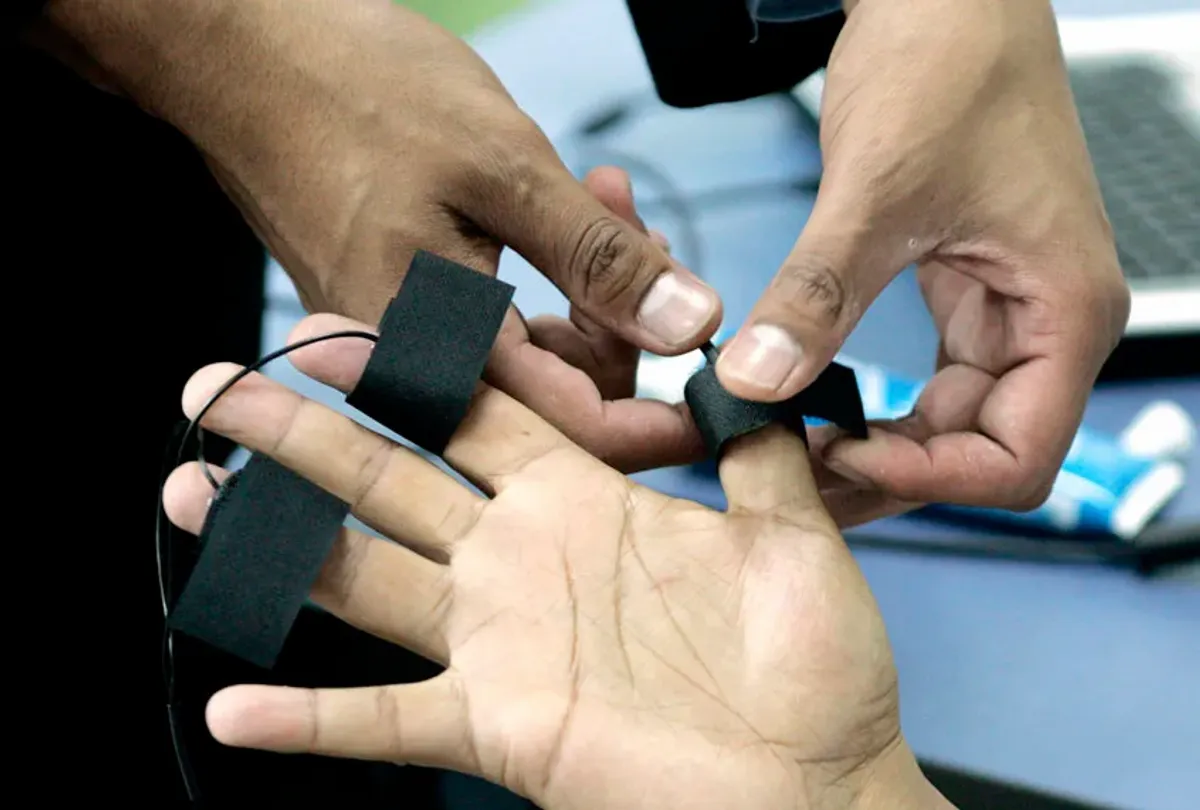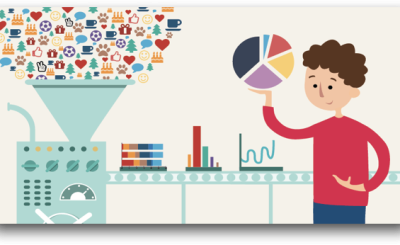Do you want to know whether polygraphs can reveal if someone is lying? For individuals investigating polygraph orlando services, knowing the actual test accuracy is quite vital. Often referred to as lie detectors, polygraphs find extensive use in environments ranging from criminal investigations to employment exams. However, how dependable are they? Here we will examine the facts, legends, and misunderstandings about polygraph accuracy and investigate if they really might be relied upon to expose the truth.
Knowing the Fundamentals of Polygraphs
Examining polygraph operations can help one understand their correctness. Believed to alter when someone is lying, a polygraph gauges physiological reactions like heart rate, blood pressure, and breathing rhythm. These answers are matched with test baseline measures to evaluate any notable changes. After that, a professional polygraph examiner reads these findings. Since there is no clear “lie” indication in the body, the interpretation mostly relies on the examiner’s skill level as well as the quality of the equipment.
Examining Polygraph Accuracy: Arguments
Polygraph test accuracy has long been hotly contested. Depending on the test circumstances and the examiner’s skill, some studies estimate polygraphs are 70–90% accurate. Critics counter that additional elements like anxiousness, fear, or physical issues might affect physiological reactions, therefore producing false positives—labelling honest individuals as liars—or false negatives—failing to find falsehoods. Thus, polygraphs are not perfect even if they can usually indicate dishonesty.
Typical misunderstandings around polygraph testing
One of the main misunderstandings is that polygraphs either always find falsehoods or can read minds. Polygraphs only gauge physiological reactions. They don’t say why someone could be sweating or why their pulse rate would rise. Since polygraphs do not detect dishonesty, they need trained interpretation. Many think that by manipulating their reactions, one may “beat” a polygraph; this is simpler said than done and might not always be successful.
The Use of Polygraphs in Corporate and Legal Environments
Polygraphs are often utilized in business and legal settings as part of recruiting or inquiry procedures. Though not usually accepted in court, they may guide investigations or corroborate other evidence. Although polygraph findings aren’t always clear-cut, companies may use them to evaluate employee reliability; they must then balance this with ethical and legal issues.
In general, polygraphs are not perfect even if they are useful instruments for spotting dishonesty. Those thinking about a polygraph orlando experience should keep in mind that these tests should be part of a larger evaluation rather than the only determinant criteria. Though polygraphs may become more accurate as technology develops, for now, they provide insights rather than unquestionable evidence. Polygraph findings should be handled carefully and sensibly whether in court, at business, or for personal reasons.







